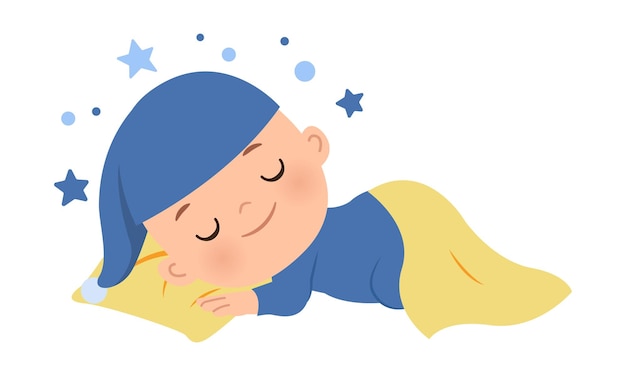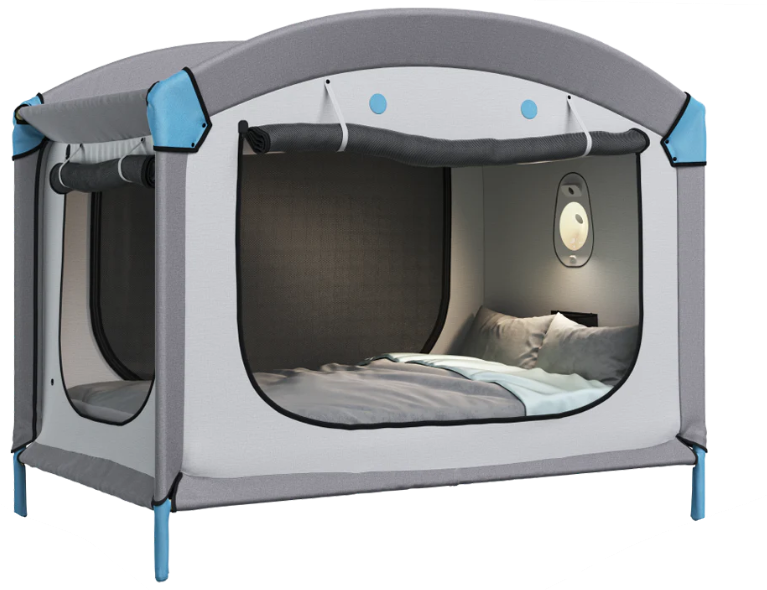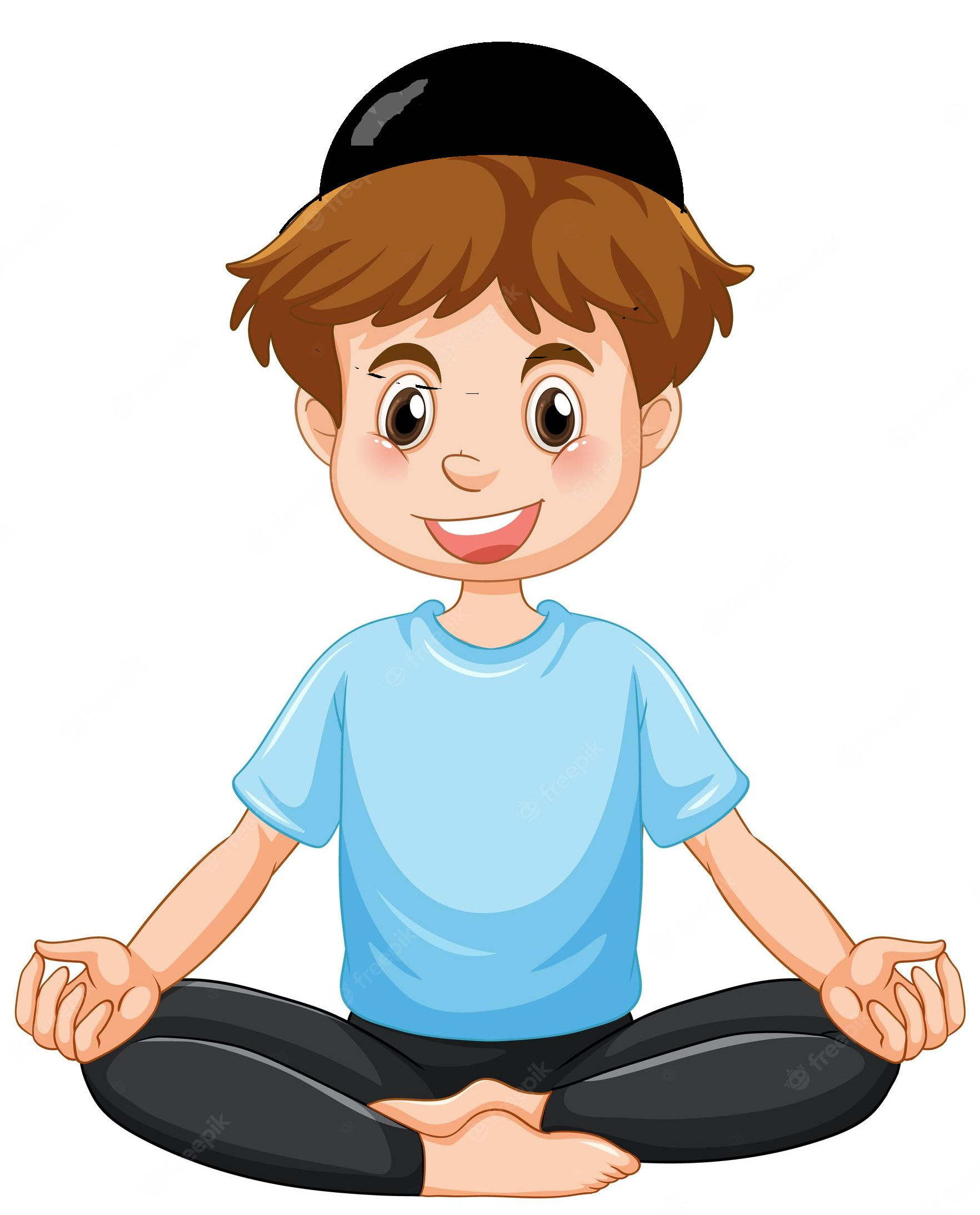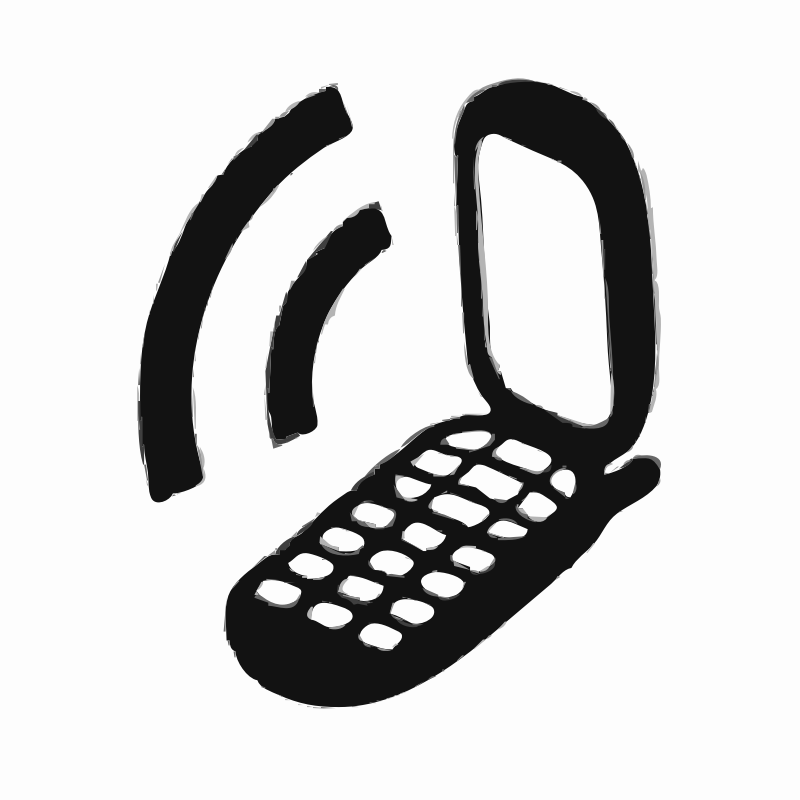Bedtime.
The word alone is enough to make any parent break out in a cold sweat.
But for parents of kids with special needs, the challenge is that much more complex.
Are any of these concerns relatable?
- Nighttime safety (I have a friend who found her cutie bathing himself in the sink at 3:00 a.m. Seriously. Good thing she heard the water running.)
- Settling your perpetually moving and energetic child down for the night (seems like bunkbeds are versatile objects which can easily double as playground equipment - just ask your child.)
- Your child is in desperate need of sleep, but her sensory-hungry body isn’t getting the message (tag-less PJs and the fourth type of pillow she’s trying this week notwithstanding.)
Do yourself a favor and check out some of the tips and tricks we’ve got here that have worked for other parents like you.
Yes, others have been through this nightmare, too, and even lived to tell the tale.
There’s hope:)
Featuring: Bedtime Hacks

Bath
A warm bath before bedtime is a tried and true answer to help sleep come quickly. Adding Epsom salt to the bath or some of Dr. Teal’s Melatonin Sleep Bath mixture has helped many children get sleepy (Available on Amazon and in Target).

Natural
Warm milk before bed isn’t just an old wives tale – it really does make the body sleepy! Bananas also have a relaxing effect and are a great bedtime snack. Melatonin and other oral supplements like tart cherry, magnesium, valerian root, and Ashwagandha can all help promote sleep.

Bed
Do you lay awake each night, worrying about your child’s safety? Do you find yourself checking on your child every 20 minutes to make sure he’s still in bed? Check out the Cubby Bed online – a safe, comfy haven for your adventurous child. Covered by many insurances.

Routine
Making bedtime into a comfortable, familiar routine can really help children who thrive in a structured environment. Simple things like bedtime stories, lullabies, and cozy snuggle toys are an easy way to create a positive association with bedtime.

Sensory
Exercise and proprioception (heavy work, pushing, pulling, balancing) in the late afternoon is great for regulation. Some find yoga moves before bed helpful. Many children go to sleep with a sound machine or in an electric swing (a rocking chair can work just as well). Music + ceiling light show machines are very calming as well (affordable versions available on Amazon).

Medicine
If you suspect that your child has a sleep disorder, it’s recommended to see a neurologist. Getting a diagnosis and prescribed medication can be a lifesaver for both the child and the family. Call Ezreinu for a neurologist recommendation near you.

Holding Hands by the Numbers
This Month’s Numbers:
51

560

96

Text group members
